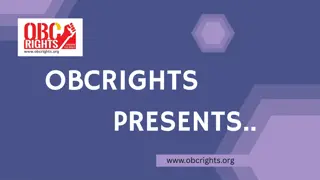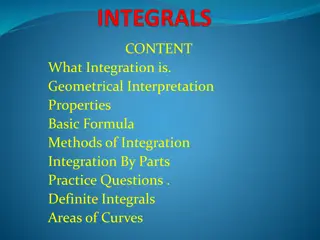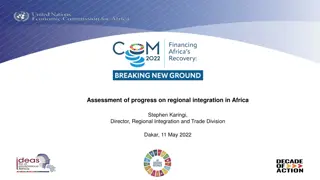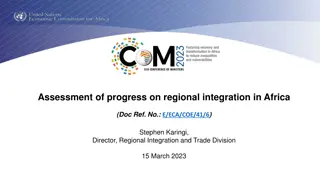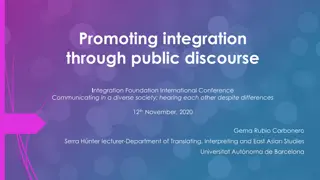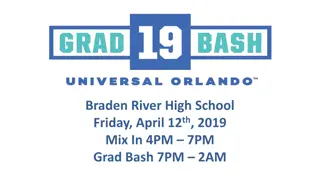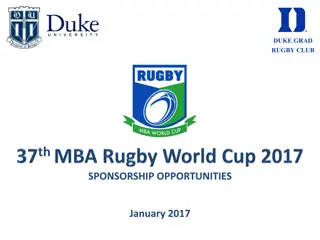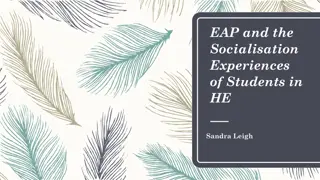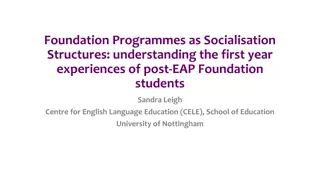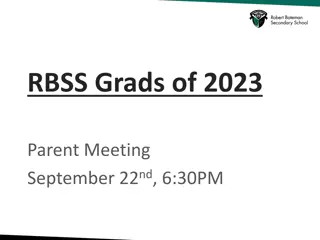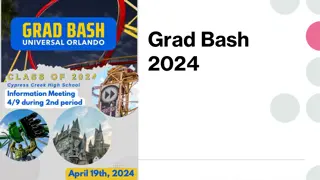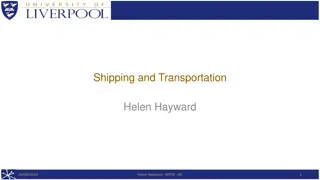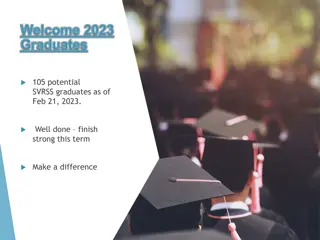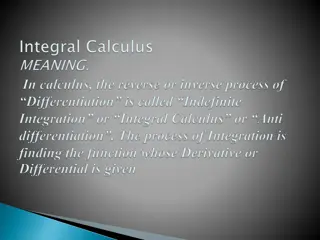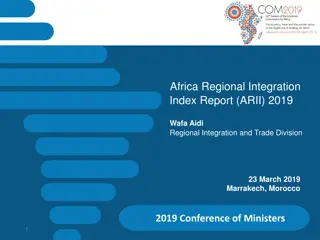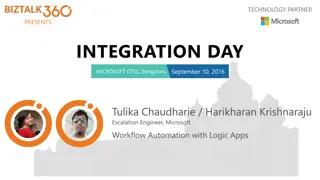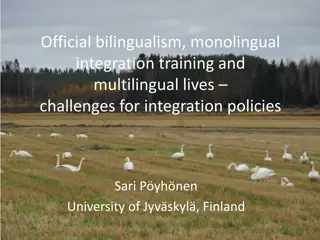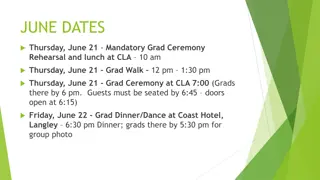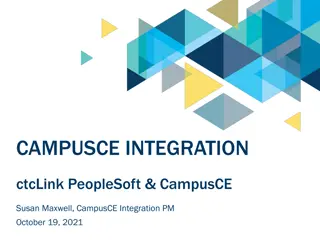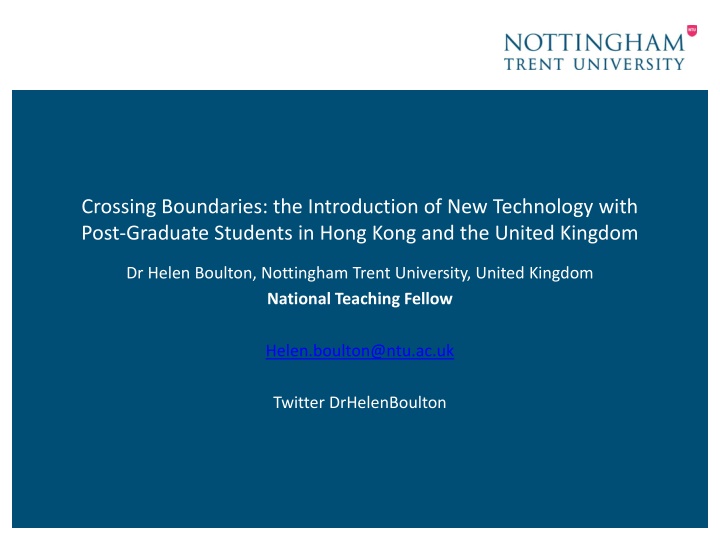
New Technology Integration with Post-Grad Students in HK & UK: Research Findings
This research project explores the integration of new technology with post-graduate students in Hong Kong and the United Kingdom. It identifies differences in experience, expectation, and engagement, aiming to develop evidence-informed practices for more effective student engagement, online learning, and progression. The project focuses on sustainability, pedagogy, and the use of technology to engage diverse student populations.
Download Presentation

Please find below an Image/Link to download the presentation.
The content on the website is provided AS IS for your information and personal use only. It may not be sold, licensed, or shared on other websites without obtaining consent from the author. If you encounter any issues during the download, it is possible that the publisher has removed the file from their server.
You are allowed to download the files provided on this website for personal or commercial use, subject to the condition that they are used lawfully. All files are the property of their respective owners.
The content on the website is provided AS IS for your information and personal use only. It may not be sold, licensed, or shared on other websites without obtaining consent from the author.
E N D
Presentation Transcript
Crossing Boundaries: the Introduction of New Technology with Post-Graduate Students in Hong Kong and the United Kingdom Dr Helen Boulton, Nottingham Trent University, United Kingdom National Teaching Fellow Helen.boulton@ntu.ac.uk Twitter DrHelenBoulton
Overview Background to project. Linking to sustainability. TNE students. Research methods and methodology. Literature. Emerging sustainable pedagogy. Developments to date: blog, wiki, WhatsApp.
Background and context to research HEA funding. Professional Doctorate taught in HK and UK. identify the differences in experience, expectation and engagement of using technologies, designed for use in Western Universities with post-graduate students in the East. To develop evidence-informed practice that will encourage transnational students to engage more effectively with the material to enable a greater use of online learning, a deeper level of learning and a faster pace of progression. 15 March 2025 3
Sustainability Findings from the project - how we move forward to teach international and transnational students and develop sustainable, flexible pedagogies. how we use technologies to engage students often marginalised due to culture, language and distance. NTUs strategic plan - developing international collaborations which will involve teaching transnational students. HEA - how to teach international students. REF and research environment - we employed 3 second year undergraduate students as researchers and impact of project on PGR students. 15 March 2025 4
Background of Hong Kong Students using technologies Enrolled on an UK-based course through a collaborative agreement with HK university different language, culture, pedagogic experience, context. Professional Doctorate: Education. 4 year part-time course for students with a Masters level qualification in English, working within a professional context. 3 cohorts in Hong Kong (n-35). Students are aged 25 to 68 and comprise 19 males and 13 females. Course is taught in Hong Kong over 4 weekends each year with supervisory support throughout the academic year and additional support through VLE. Shared online learning rooms with UK - no differentiation of access or materials. Limited experience of technologies to support learning baseline data. Not able to access drop in IT support. 15 March 2025 5
Changing expectations UK: Expectations of student digital literacy. Higher Education Academy (UK) in their Professional Standards Framework have been updated (2011) to place a greater emphasis on the use of digital technologies and digital literacy skills. HK: A comparative study of 2000 secondary pupils across 150 schools in Hong Kong identified low frequency of use of technology in learning in schools suggesting low levels of digital literacy (Centre for Information Technology in Education, 2015). 15 March 2025 6
The Research Project - outline Data collected over a one year period. Observations of the use of the VLE by HKCT students through metrics available via the VLE s software. Questionnaires with students in Hong Kong and international post- grad students in UK. Interviews with students - analysed thematically. 15 March 2025 7
Methods and Methodology Evaluative longitudinal research project (Bassey, 1999) lasting 18 months. 3 undergraduate students recruited as researchers. Student researchers collected and analysed the data thus reducing notions of bias and power. Full ethical clearance was obtained prior to the start of the project. Action research (Carr and Kemmis, 1986, Reason and Bradbury, 2006, Whitehead and McNiff, 2006) comprising several cycles. Baseline data, software analytics, questionnaires, follow up interviews. Project blog. Comparison data collected from PhD students studying as international students in UK. 15 March 2025 8
Overview of literature While literature is extensive in using technologies in learning and teaching. Vast literature on using technologies. Increasing literature on emerging pedagogy for new technologies. Little literature on teaching TNHE students. Little literature on emerging pedagogy when teaching using new technologies with TN Asian students yet Wang (2007) claims that the cultural differences between Asian countries are vast. Digital divide. 15 March 2025 9
Emerging Sustainable Pedagogy Misalignment with expectations of tutors and experiences in East. Blended learning emerging pedagogy. Engendering of community is seen as increasingly important in Higher Education (HE) (Wenger, 2005; Abbott et al, 2005; Boulton and Hramiak, 2012). Organic use of technologies in learning. Flexible pedagogies (HEA, 2013). Inclusive learning and teaching in higher education refers to the ways in which pedagogy, curricula and assessment are designed and delivered to engage students in learning that is meaningful, relevant and accessible to all. It embraces a view of the individual and individual difference as the source of diversity that can enrich the lives and learning of others (Hocking, 2010: 1) 15 March 2025 10
Framework: Salmons 5 stages 15 March 2025 11
Developments to date Separate and private area in each learning room for HK students report to CC from student rep. GS1 Additional weekend workshop induction. GS1 Vodcasts for students on different elements. GS1 VLE developments password, password reminders, separate learning rooms. GS1 New cohort Welcome message, Induction, pre-Workshop tasks etc, videos of how to use range of NTU resources. GS1 2 and 3 Dropbox submissions and tutorial records. GS3 Booking system for Workshops and calendar. GS3 Wiki developing community of practice across boundaries with students co- constructing knowledge, sharing research, share literature searches, and develop critical reflective practice richer learning experience. GS4 Wiki built into Workshops in UK and HK. GS4 Blog reporting problems, videos to support translation over-lay, where to go for help. Links from home page to blog, wiki and key resources. 15 March 2025 12
Linking students: UK to HK through the Wiki create flexible activities that allow students to draw on their own knowledge, interests and experiences while encouraging the sharing and application of different knowledge, experience and perspectives among peers. (Hocking, 2010: 7) Creating a sustainable space where students can meet , share research, collaborate, co-construct knowledge richer research environment REF 2020. 15 March 2025 16
Future developments enabling sustainability Regular news items to encourage engagement between Workshops. Moving to embed stage 4 facilitating knowledge construction through wiki. Developing stage 5 of Salmon s model - opportunity for student to co-construct knowledge, share literature searches, and develop critical reflective practice. Linking to external appropriate technologies following Beetham and Sharpe (2007, 3) to locate technologies within proven practices and models of teaching and the research by Disc (2009) that students are able to blend technologies. Webinar (or similar) to share student presentations at Workshops crossing borders. WhatsApp 15 March 2025 17
Sustainability Findings from the project - how we move forward to teach international and transnational students and develop sustainable, flexible pedagogies. how we use technologies to engage students often marginalised due to culture, language and distance. NTUs strategic plan - developing international collaborations which will involve teaching transnational students. HEA - how to teach international students. REF and research environment - we employed 3 second year undergraduate students as researchers and impact of project on PGR students. 15 March 2025 18
Acknowledgements The author acknowledges funding from the Higher Education Academy which facilitated this research. Acknowledgements are also included for the Education Doctorate students at the Hong Kong College of Technology, Hong Kong SAR, Rachael Smith, Nottingham Trent University and students from Nottingham Trent University, School of Education who were employed as student researchers Heidi Johanson, Hollie-Marie Ellis, and Matthew Morrison. 15 March 2025 19
References Abbott, C., Grosbois, M., and Klein, M., 2005. A Beautiful House Built on Sand. What Makes E-communication Projects Succeed - and why are they still so rare? Technology Pedagogy and Education, 14 (2), p225. Annetta, L., Murray, M., Gulliard, S., Boer, S., and Park, J., 2008. Investigating student attitudes toward a synchronous, online graduate course in a multi-user virtual learning environment. Journal of Technology and Teacher Education, 16 (1), 5-34. Barajas, M., and Owen, M., 2000. Implementing virtual learning environments: Looking for holistic approach. Educational Technology & Society, 3 (3), 39-53. Bassey, M., 1999. Case Study Research in Educational Settings. Buckingham: Open University Press. Beetham, H and Sharpe, R 2007 Rethinking Pedagogy for a Digital Age: Designing and Delivering e-Learning, Oxon:Routledge 15 March 2025 20
References continued Boulton, H., 2008. Managing e-learning: What are the real implications for schools. Electronic Journal e-Learning, 6 (1), 11-18 Boulton, H., and Hramiak, A., 2012. E-flection: the development of reflective communities of learning for trainee teachers through the use of shared online web logs. Reflective Practice, 13 (4), 503-515 Brown, K.W., and Ryan R.M., 2004. Perils and promise in defining and measuring mindfulness: Observations from experience. Clinical Psychology: Science and Practice, 11 (3), 242-248. Carroll, J. and Ryan, J. (Eds). 2005. Teaching International Students: Improving Learning For All. London. Routledge. Coppola, N.W., Hiltz, S.R., and Rotter, N.G., 2002. Becoming a virtual professor: Pedagogical roles and asynchronous learning networks. Journal of Management Information Systems, 18 (4), 169-189. 15 March 2025 21
References continued Dillenbourg, P., Schneider, D., and Synteta, P., 2002. Virtual learning environments. In: Proceedings of the 3rd Hellenic Conference'Information & Communication Technologies in Education', pp. 3-18. Gillespie, H., Boulton, H., Hramiak, A.J., and Williamson, R., 2007. Learning and Teaching with Virtual Learning Environments. London: Learning Matters. Hockings (2010) Inclusive learning and teaching in higher education: a synthesis of research available online: www.heacademy.ac.uk/.../inclusive_teaching_and_learning_in_he.d oc Hofstede, G. 1986. Cultural differences in teaching and learning. International Journal of Intercultural Relations. 10(3): 301-320 Jisc Publications available to download from www.jisc.ac.uk. 15 March 2025 22
References continued Kersh, N., Pachler, N., and Daly, C. 2009. The Role of the New technologies in Workplace Learning: a UK Perspective. Laurillard, D. 2008 Digital Technologies and their Role in Achieving our Ambitions for Education, London: Institute of Education, University of London. Maclean, P. and Ransom, L. 2005. Building intercultural competencies implications for academic skills development in Carroll, J. and Ryan, J. (Eds). 2005. Teaching International Students: Improving Learning For All. London. Routledge. Ramsden,P. 2003 Learning to Teach in Higher Education (2nd Edition). London: Routledge Reason, P., and Bradbury, H., 2008. The SAGE Handbook of Action Research: Participative Inquiry and Practice. 2nd ed. London: Sage Publications. Salmon, G., 2000. E-Moderating The Key to Teaching and Learning Online. London: Kogan Page. Wenger, E., 1998. Communities of Practice. Cambridge: Cambridge University Press. Whitehead, J., and Mcniff, J., 2006. Action Research Living Theory. 1st ed. London: Sage. 15 March 2025 23


